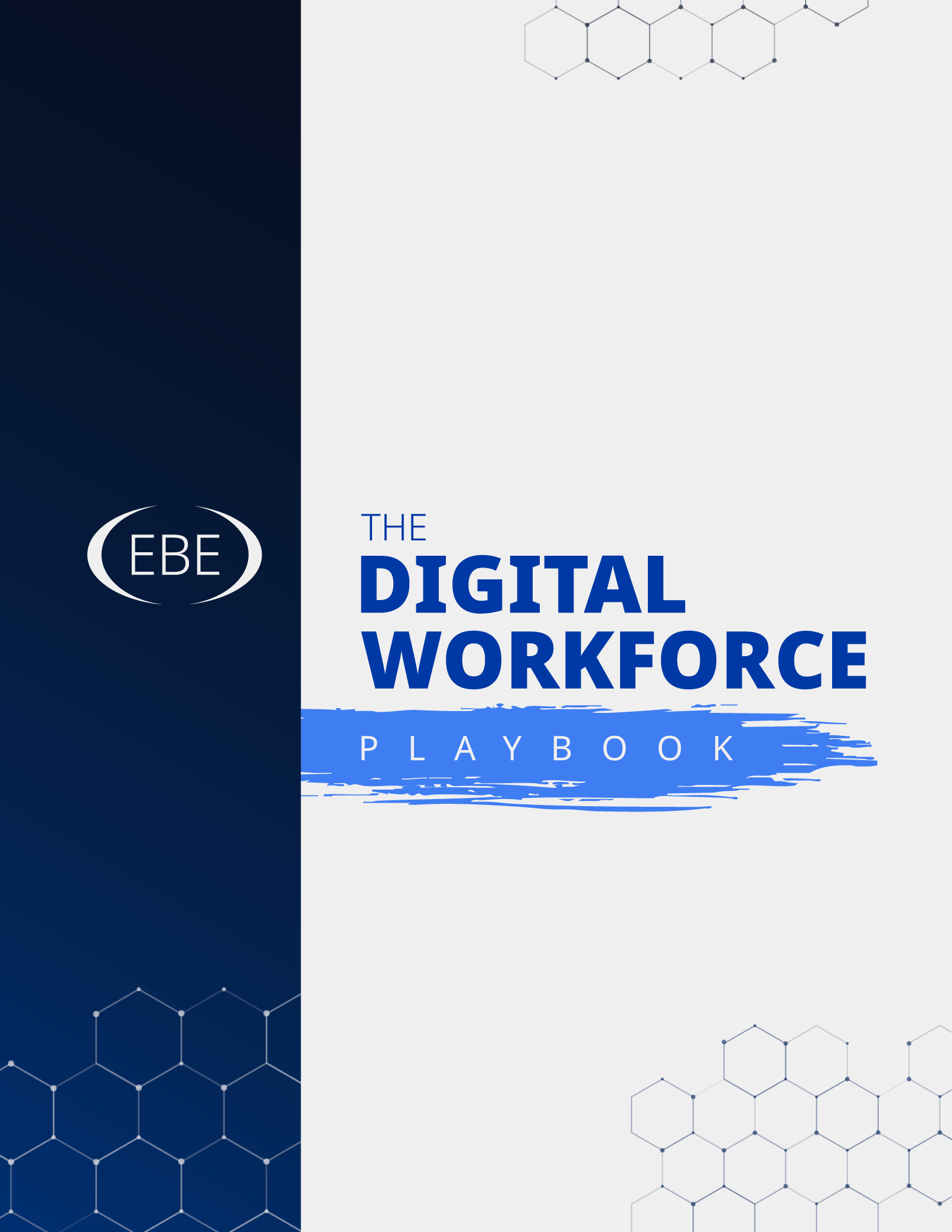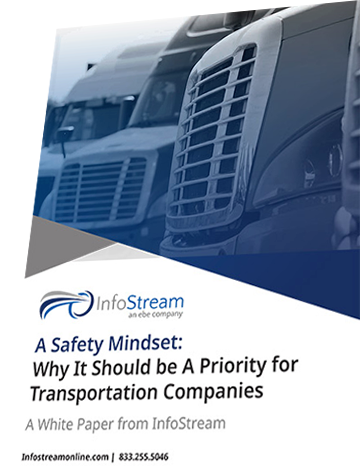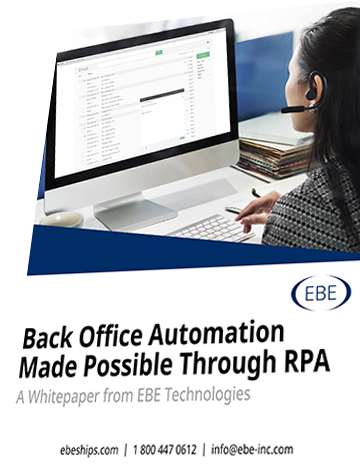

In the fast-paced and dynamic landscape of the trucking industry, staying ahead of the curve requires innovative solutions and strategic foresight. Recent data trends emphasize the need for responsive action. For instance, the total sum awarded by juries surged from $10.3 million in 2020 to $65.4 million in 2022 according to a study by the U.S. Chamber of Commerce Institute for Legal Reform. This signified heightened legal risks and an increasing frequency of verdicts over time. To combat such threats, fleets are increasingly investing in collision avoidance systems and generating vast amounts of driver data. One such transformative system that has gained significant traction is the adoption of managed services models. These models, characterized by outsourcing specific functions to third-party experts, bring a myriad of advantages to the trucking sector.
In this article, we delve into the top 9 benefits that highlight how managed services models are reshaping the trucking industry, optimizing operations, and driving sustained success. Firstly, let’s talk about the ‘What’ and the ‘Why’ on managed services.
The managed services model constitutes a business arrangement where a service provider assumes the responsibility for overseeing and maintaining a customer’s driver and asset compliance. This is achieved without the need for the customer to purchase a system and with minimal Full-Time Equivalent (FTE) expense. The management of these processes is carried out remotely by the managed service provider.
You probably already heard of Manage Service Providers (MSP) but why have they gained significant traction in recent years? For most organizations, the technologies involved have become too advanced – and the threats too credible – to continue operating in-house. For organizations that are small, lean, and growing, MSPs make it easier to acquire advanced technologies and security processes without an upfront investment. For organizations that are larger, an MSP provides the ability to manage an otherwise unwieldy security posture.
Here we are going to look into the 9 major benefits of MSP and managed IT services.
One of the biggest benefits of using an MSP is that it allows your organization to scale its compliance and risk services up or down as needed. The trucking industry often experiences fluctuations in demand, such as seasonal peaks or unexpected increases in orders, so having a system that accommodates in variations in data can really change up the game. Such scalability is made possible by the MSP’s remote management capabilities, which allow the provider to quickly add or remove resources from your environment as your business grows or changes.
Another big benefit of managed services is predictability. When you outsource the management of your compliance and risk services to an MSP, you can budget your costs more accurately. This is because MSPs typically charge a fixed monthly fee for their services by the drivers and assets. In addition, the trucking company does not have to account for clerical staff turnover, associated hiring expenses and lead time. As a result, you gain a better forecast to your expenses and the services provided.
MSP’s typically invest in redundant infrastructure and failover solutions, proactively monitoring systems while implementing best practices for maintenance and security. In contrast, many carriers lack access to such advanced infrastructure, exposing them to potential downtime and security breaches, leading to potential PPP (Productivity, Profitability, and Performance) issues. Through proactive monitoring and maintenance by managed service providers, the risk of unplanned downtime is significantly reduced.
When you utilize an MSP, your knowledge workers are more productive and spend more time coaching and correcting adverse behavior and ensuring compliance. Through MSP systems are kept up-to-date and ensuring that they are properly complying with federal, state and local statutes releasing your team from this task. In addition, MSPs can provide training and support to end users to help them obtain the most information from the MSP systems.
Another big benefit of managed services is improved security. MSPs typically invest in many security applications such as the use of Azure, and implementing best practices for security, patch management and incident response. In addition, MSPs provide 24/7 monitoring of their systems to quickly identify and respond to any potential threats. Most internal teams just don’t have the time or staff necessary to keep current on existing threats – but an MSP will.
While MSPs do charge a monthly fee for their services, typically by driver, non-driver or asset, the overall cost of using an MSP is often lower than managing your in-house system and required staffing. This is because MSPs can provide economies of scale and often have access to resources that would be too expensive for most carriers to purchase on their own. In addition, by outsourcing the management of your drivers and assets, you can free up internal resources to focus on more strategic initiatives.
Of course, this also depends on the MSP’s pricing model. Not every managed services provider will be more affordable – and that’s why it’s important to make a comparison between providers, their service level agreements and their costs.
When you partner with an MSP, you gain access to a team of experts who can provide advice and guidance on a wide range of driver, asset, and DOT compliance issues. This expert knowledge can be extremely valuable, especially if you don’t have an in-house compliance team, ensuring that you receive specialized support in navigating and addressing these critical compliance matters.
One of the benefits of using an MSP is that it can make it easier and faster to adopt new technologies. This is because MSPs can manage the implementation and upgrades to their systems. Many or which are multi-tenant allowing for all tenants to be upgraded at the same time, which is much faster than individual on-premises systems. As a result, you can focus on running your business rather than worry about whether or not your systems are up to date.
Finally, one of the biggest benefits of using an MSP is peace of mind. By entrusting the oversight of your drivers and assets’ compliance to an MSP, you free up your bandwidth to concentrate on the efficient functioning of your department. This peace of mind stems from the confidence that professionals are diligently managing and ensuring compliance, allowing you to navigate the complexities of your operations with the assurance that your drivers and assets are well taken care of. This not only enhances operational efficiency but also contributes to a more secure and streamlined management approach.
For many organizations, engaging with an MSP under a services model just makes sense. You don’t need to throw your safety and compliance resources at routine or mundane tasks – let your resources utilize their training to improve their work environment. You have a wealth of knowledge and expertise available to help support your business.
At InfoStream, we provide complete managed services that can be configured to your organization’s size, and complete set of safety, compliance and RMIS solutions to meet specific service-level needs. Contact us today to find out more about managed services.









